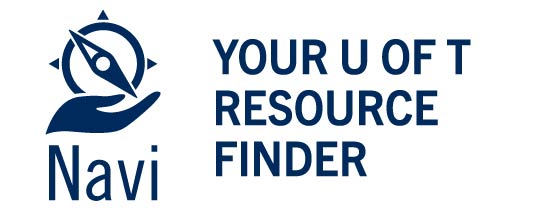Centre for International Experience
Roadmap to Success
Are you aware of the next steps of your student journey? These roadmaps will help you stay on track throughout your time at the University of Toronto.

accessibility commitment
The Centre For International Experience (CIE) is committed to the principles of the Accessibility for Ontarians with Disabilities Act. As such, we strive to make our processes as accessible as possible and provide accommodations as required for all students, faculty, and staff with disabilities.


